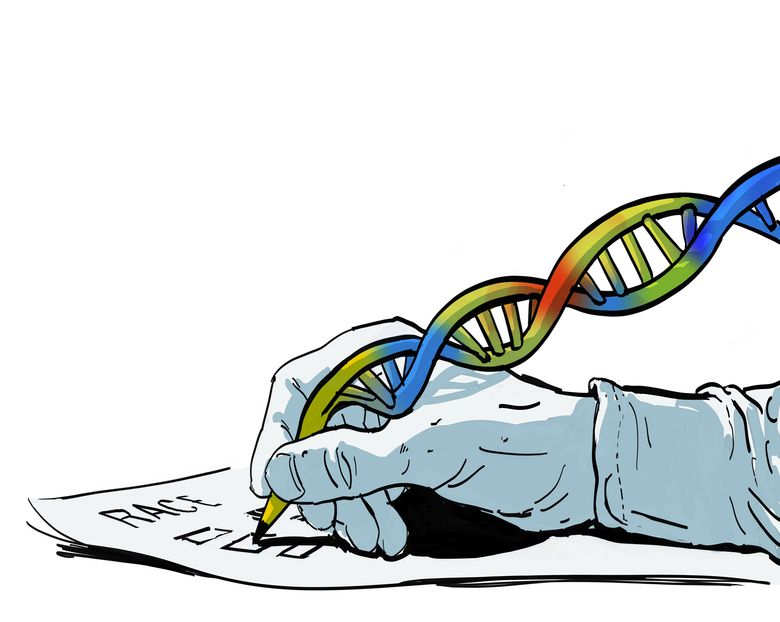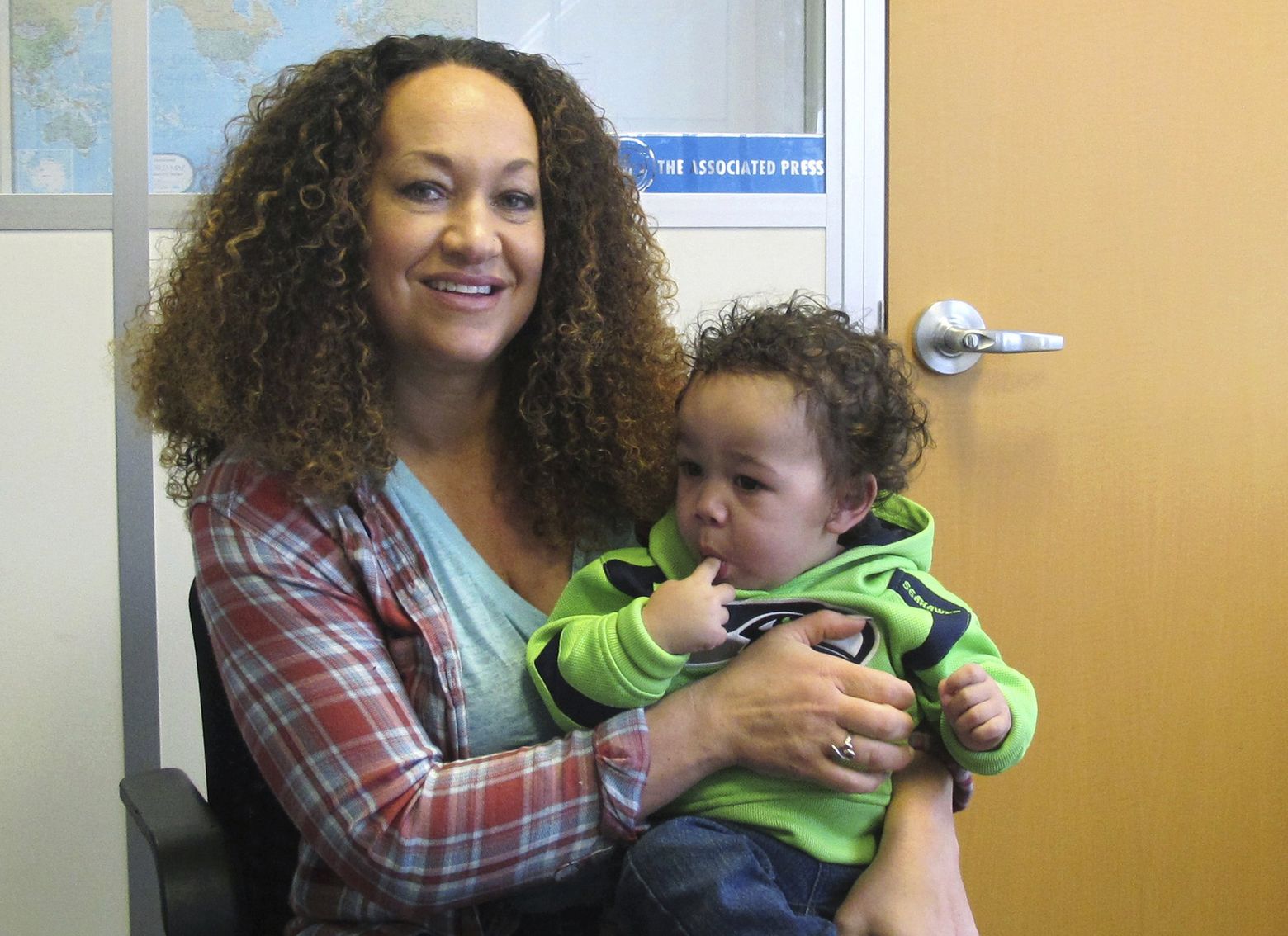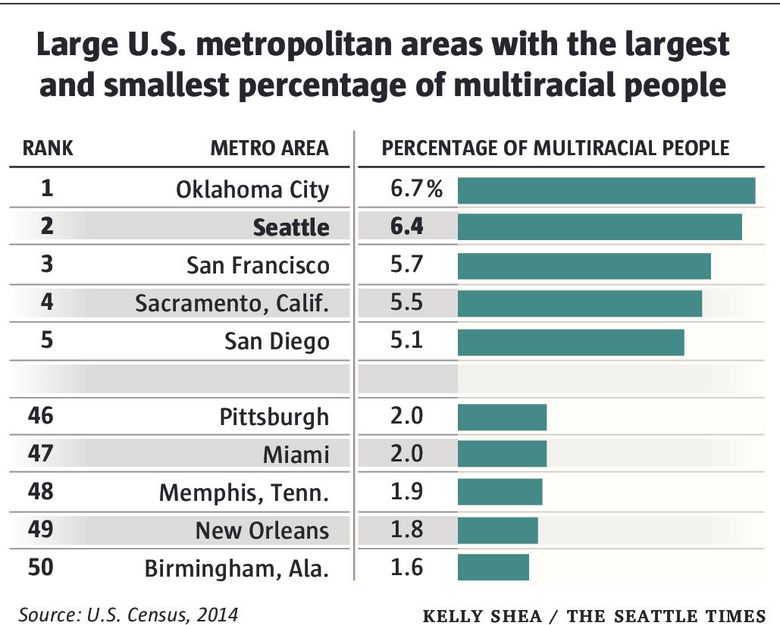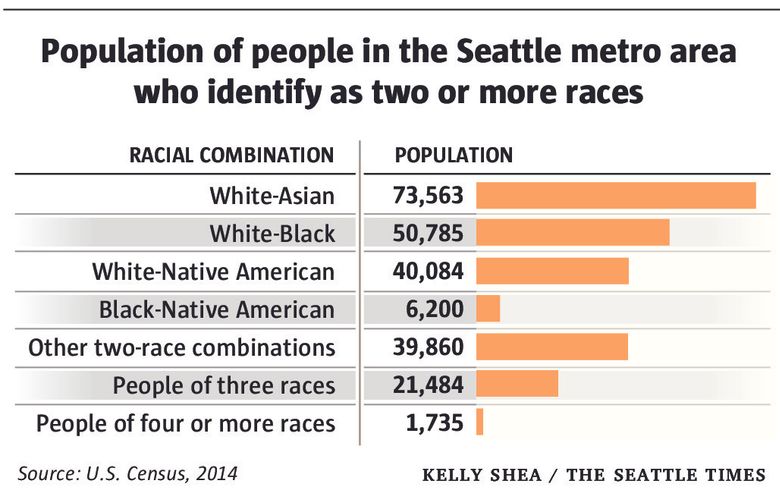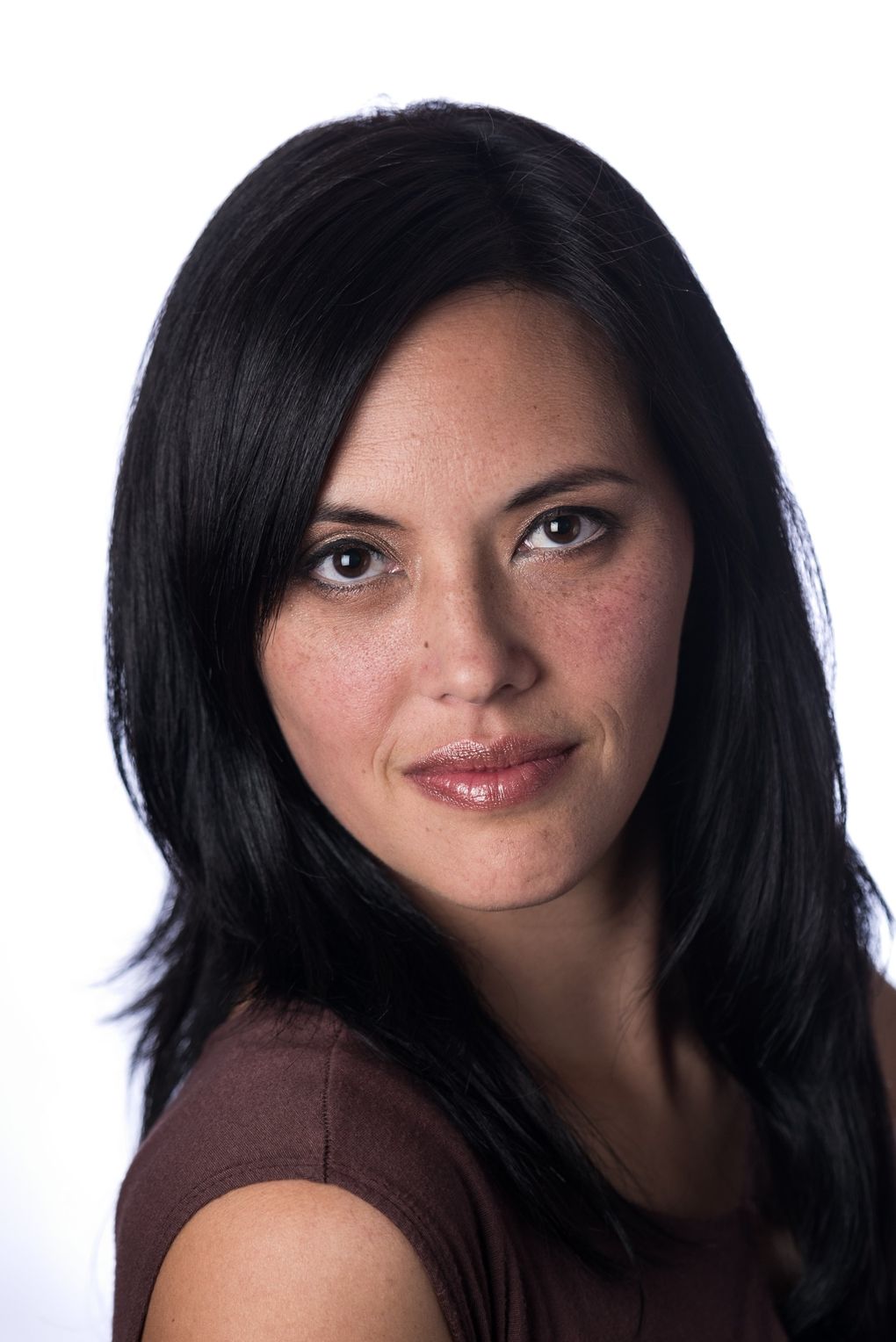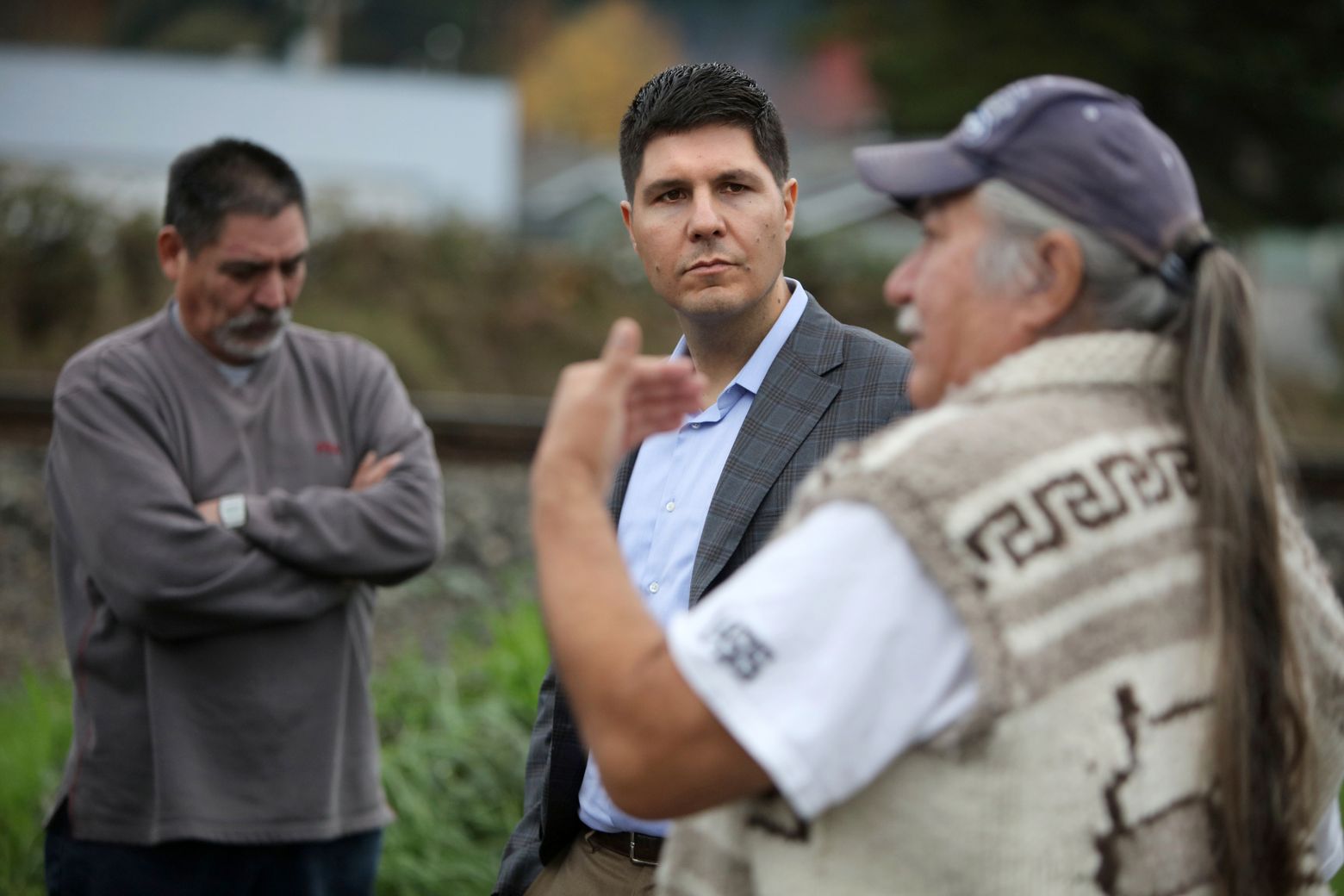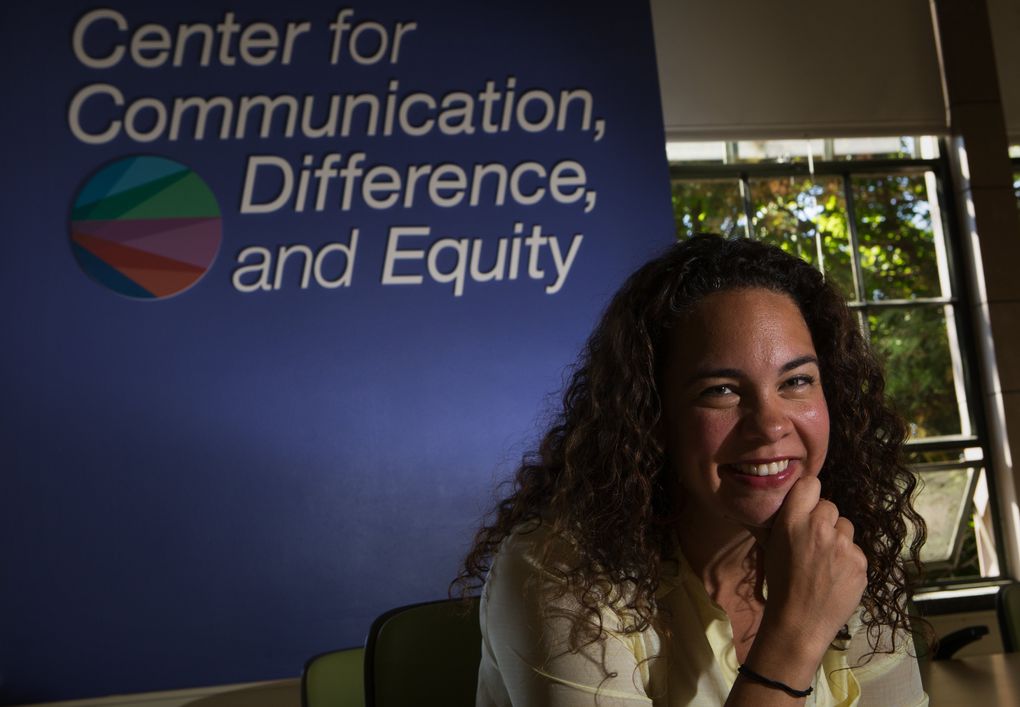Lynnwood man tried to use a home DNA test to qualify as a minority business owner. He was denied — now he’s suing.Posted in Articles, Health/Medicine/Genetics, Media Archive, Politics/Public Policy, United States on 2018-09-21 01:10Z by Steven |
The Seattle Times
2018-09-13
Christine Willmsen, Seattle Times staff reporter
State and federal programs aim to ensure minority-owned businesses can compete for government contracts after generations of institutional discrimination. A Lynnwood man long identified as white is using DNA ethnicity estimates to claim minority status.
Ralph Taylor says it doesn’t matter what he looks like. Having lived most of his life as a white man, the 55-year-old now considers himself to be multiracial based on DNA test results.
The owner of Orion Insurance Group in Lynnwood also wants the U.S. Department of Transportation to recognize him as a minority so he can gain more deals providing liability insurance to contractors.
Taylor is suing Washington state and the federal government because he was denied a minority-business certification under a program created more than two decades ago to help level the playing field for minority business owners seeking contracts in the transportation industry. He provided no evidence he has suffered socially or economically because of race.
His case is pending with the 9th U.S. Circuit Court of Appeals.
In 2010 Taylor began identifying himself as multiracial after a DNA ancestry test estimated he was 90 percent Caucasian, 6 percent indigenous American and 4 percent sub-Saharan African.
He applied for state certification with the Washington Office of Minority & Women’s Business Enterprises (OMWBE) so Orion Insurance Group would be considered a minority business.
 Ralph Taylor (Steve Ringman/The Seattle Times) |
With no criteria defining a minority race or ethnicity, OMWBE eventually approved Taylor. But that same state agency, which also manages the U.S. Department of Transportation certification, decided he was Caucasian under that program’s procedures and denied his application…
Read the entire article here.
